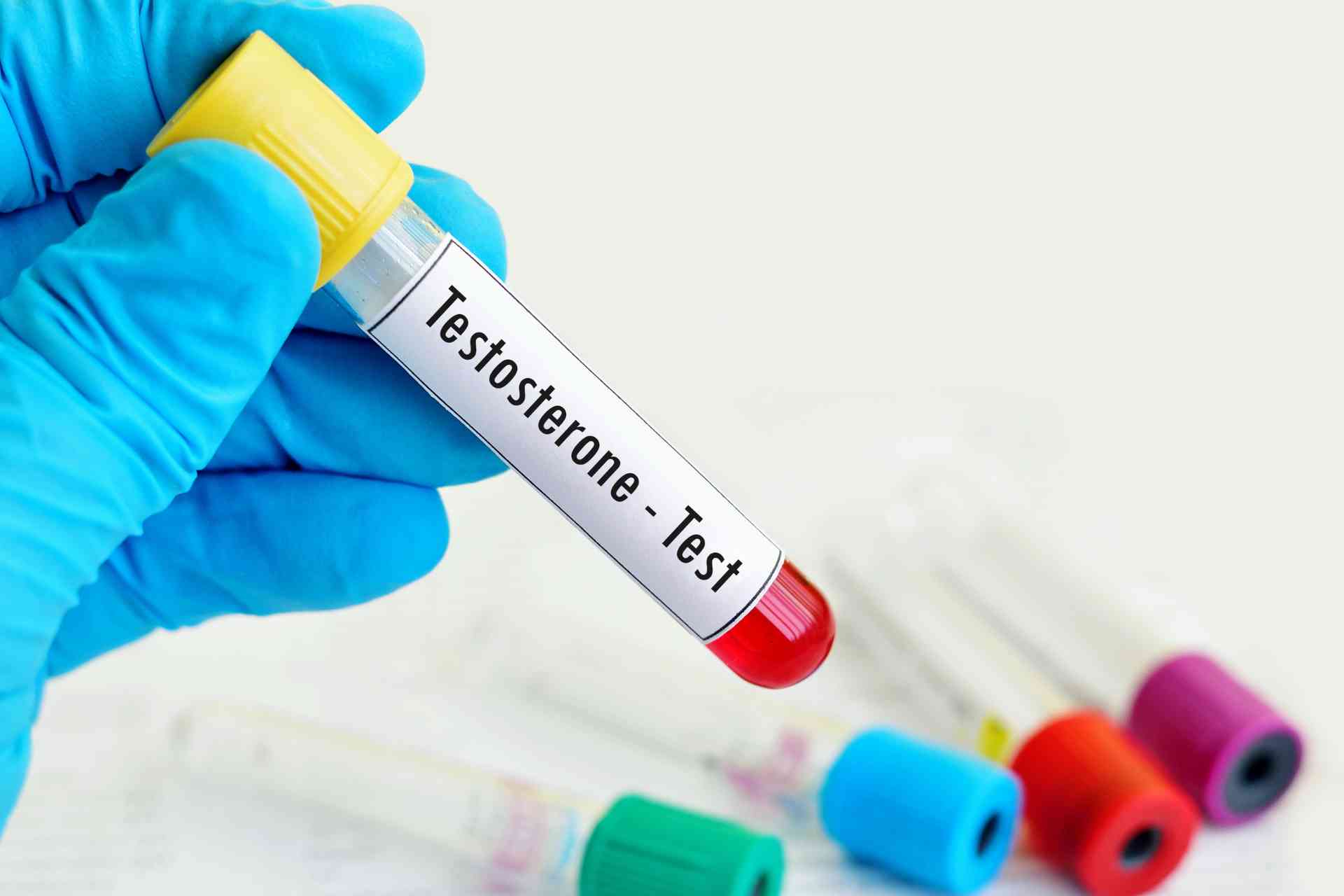Testosterone Therapy in Florida: Unveiling the Benefits

Testosterone therapy, a specialized medical treatment, is particularly recommended for men diagnosed with low testosterone, often related to a condition known as hypogonadism. Here, we explore the multifaceted benefits and some critical considerations associated with testosterone therapy in Florida.
Understanding Testosterone Therapy
Firstly, testosterone therapy is primarily aimed at men experiencing symptoms of low testosterone, which can significantly impair their quality of life. Symptoms such as reduced sex drive, lethargy, muscle weakness, and bone density loss are commonly associated with this condition. The therapy is tailored to address these symptoms by restoring testosterone levels to a healthier range.
Benefits of Testosterone Therapy
The advantages of undergoing testosterone therapy are extensive, particularly for those diagnosed with hypogonadism. Firstly, it revitalizes the body’s sex drive, often rejuvenating a man’s personal and intimate relationships. Moreover, testosterone therapy accelerates fat metabolism, which can lead to a more controlled and healthy body weight. Concurrently, it enhances muscle mass development, providing a more toned and vigorous physique.
Additionally, testosterone therapy contributes significantly to sperm production, which can be a boon for those facing fertility issues. It also strengthens bone density, reducing the risk of fractures and bone-related diseases, which are common as men age. The overarching benefit, as reported by many who undergo the therapy, is a restored sense of youth and vitality, making them feel younger and more energetic.
Considerations and Limitations
While the benefits are noteworthy, it’s crucial to understand that testosterone therapy is not universally applicable to all aging men. Current medical evidence does not support its effectiveness in aging males who do not have hypogonadism but are seeking the therapy for age-related declines in testosterone. Therefore, it is essential for potential candidates to undergo thorough medical evaluations to determine if they are suitable for the therapy.
Conclusion
Testosterone therapy offers a beacon of hope for men struggling with the effects of low testosterone, primarily due to hypogonadism. It has the potential to significantly improve the quality of life by addressing specific physical and physiological needs. However, it is imperative that individuals seek comprehensive medical advice to ensure that the therapy is both safe and beneficial for their particular health situation. Embracing this approach ensures that each individual can make the most informed and health-positive decision regarding testosterone therapy in Florida.

